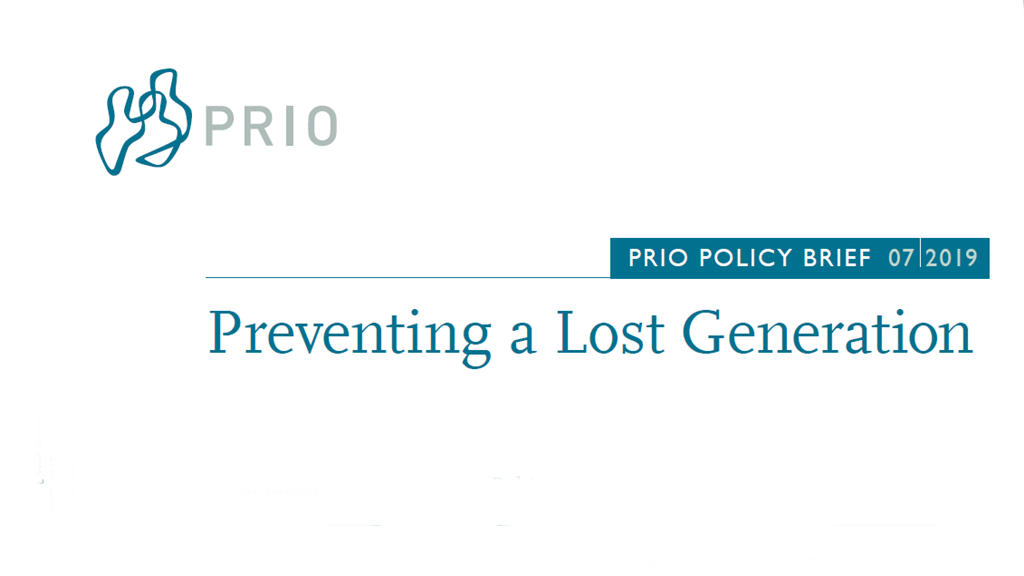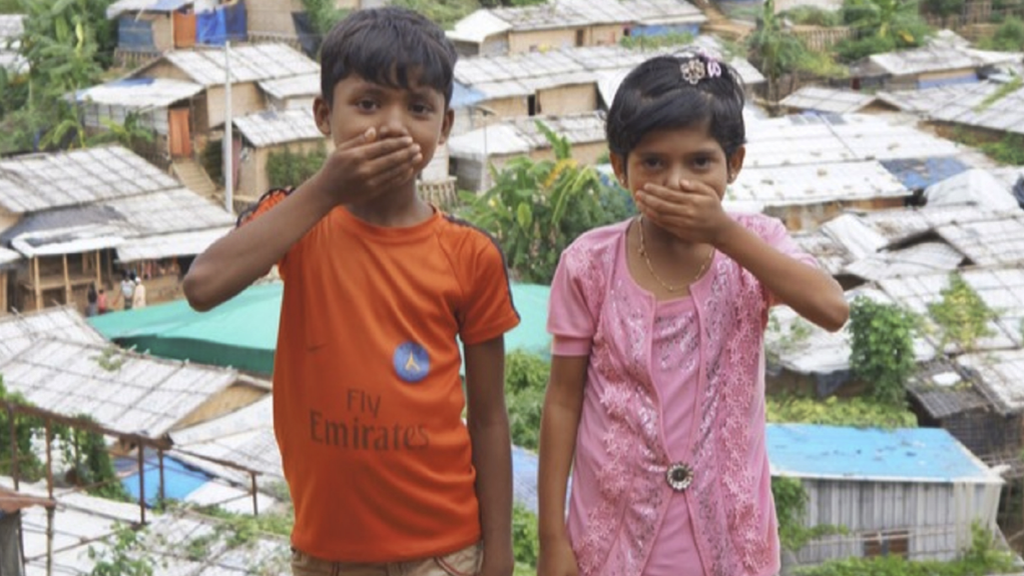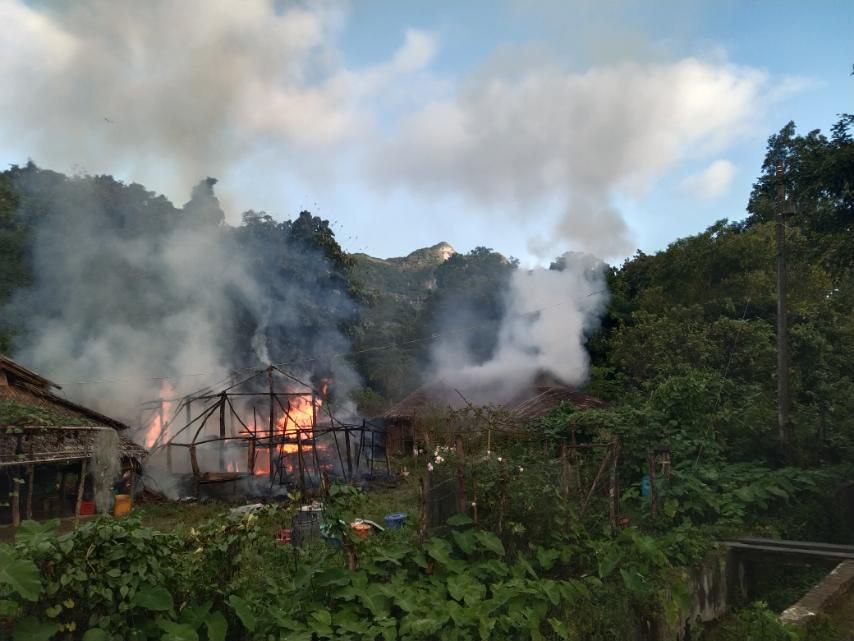
Preventing a Lost Generation: Community-led education by Rohingya refugees
- 16/09/2019
- 0
By PRIO
Forced displacement represents one of the biggest barriers to achieving Sustainable Development Goal #4 – ensuring quality education for all. In the fall of 2017, a brutal military campaign forced more than 700,000 Rohingya to leave their homes in Myanmar and seek refuge in Bangladesh, where they continue to live in overcrowded makeshift camps without formal refugee status. The humanitarian needs are enormous and access to formal schooling is challenged by multiple constraints. To address this gap, Rohingya-led networks of community teachers are organizing formal schooling classes to prevent a feared “lost generation” of young Rohingya. How can these networks help improve the humanitarian response for the benefit of Rohingya children and youth? In this brief, we explore what kinds of schooling these networks provide, and identify their motivations, competences, strengths, and challenges. We then suggest policy recommendations geared towards improving the humanitarian response on education.
